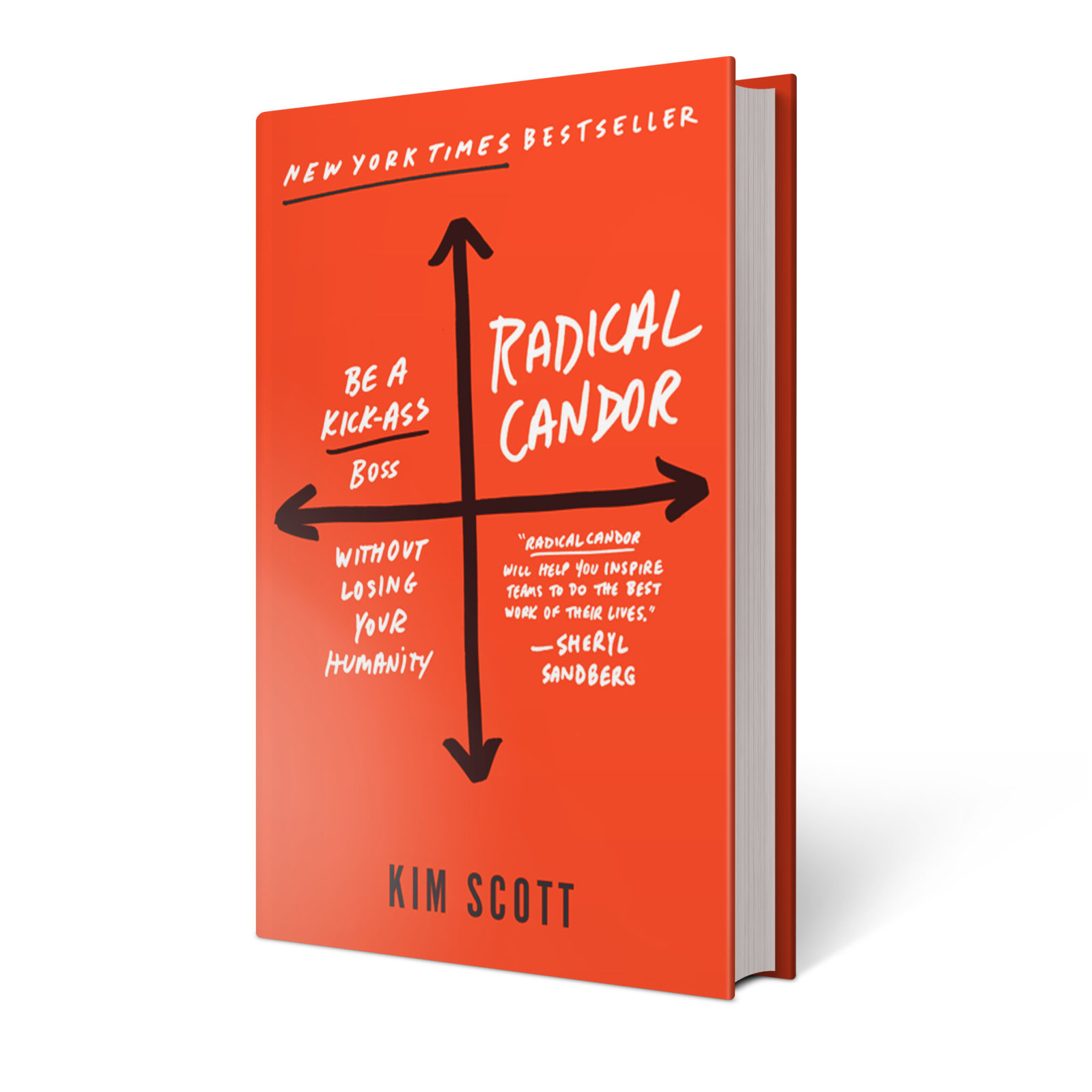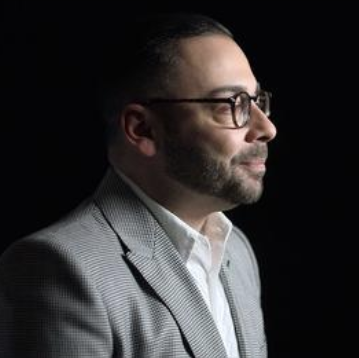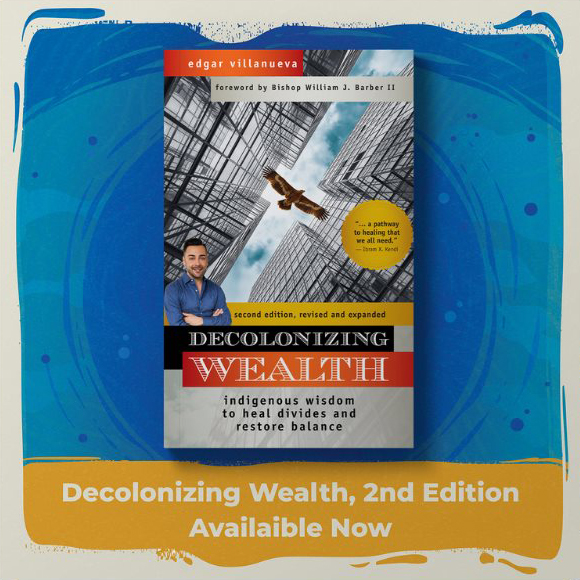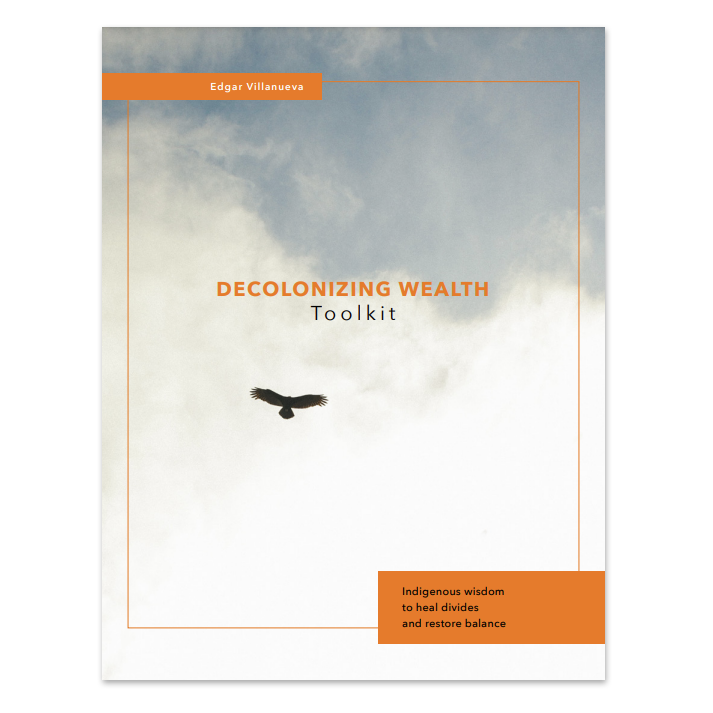At the Omaha Community Foundation, our Equity Team plans and hosts quarterly all-staff meetings, called Equi-Teas, where we hold space to deepen our understanding of racial equity and our role in systems that may harm community members of color.
This is the continuation of our equity journey that began with the Center for Equity & Inclusion in 2018. We are in an ongoing process of growth as an organization—one that starts from within and works its way outward.
Last year, we focused on the theme of Being Loving Critics of Philanthropy.
“We cannot change unless we are challenged,” said Emily Nguyen, Director of Research & Strategy and an Equity Team member. “All of the science around organizational change says that people need to believe there is a problem before they are willing to change. Listening to folks critical of philanthropy helps us think differently even when we don’t always agree.”
For each Equi-Tea, the Equity Team prepares topics and materials to help build language and a common understanding around racial equity.
Below, you’ll find the roadmap we used to introduce ideas and lead discussions. We encourage you to borrow and adapt this for your team.
Setting a Foundation
To prepare for the first Equi-Tea in 2021, our staff read about Radical Candor, which is what happens when you show someone that you care personally while you challenge directly. We also asked them to listen to this podcast episode about using Radical Candor to improve DEI conversations with Tiffani Lee, a partner at the law firm Holland & Knight.
In this conversation, Lee describes how her parents told her there are three things you don’t talk about at work: Race, politics, and religion. Many companies added or expanded their support for DEI initiatives after racial justice protests in 2020. “You must talk about race,” Lee said, adding that it must be done in a deep, emotional way that may cause discomfort.
This first session set a solid foundation for the year. Not only did this exercise build trust among staff, but it also provided tools to engage in difficult conversations.
Applying What We Learned
In our next Equi-Tea, we wanted to put what we learned into practice and start having these difficult conversations in real time. We asked questions about what philanthropy does well and where we—as individuals and as an organization—may perpetuate inequities and racism.
Before the Equi-Tea, staff members watched “A Long Stare in the Mirror,” a two-minute video with Edgar Villanueva talking about equity and philanthropy. He challenged viewers to look back at our country’s history, have authentic conversations, and engage in the “messy” work of equity.
We also read “The Unbearable Whiteness of American Charities,” a Vox interview with Villanueva that gives an overview of how the racial wealth gap translates into a racial philanthropy gap.
Some questions we discussed included:
- Why is it necessary for OCF to be a loving critical of the philanthropy sector?
- What are the pros and cons of philanthropy as the system currently exists? Why is it necessary? How does it impact the community?
- Does it matter how wealth is earned as long as it “does good”?
Digging Deeper
During the last two Equi-Teas of 2021, we started moving from what is not working to: What can we do? We continued our study of Villanueva’s work.
Villanueva, an enrolled member of the Lumbee Tribe of North Carolina, is a leading voice in the push for real equity and inclusion in the philanthropic sector. In his book Decolonizing Wealth, Villanueva attempts to define new approaches that foundations can use to reshape the philanthropic sector and use the wealth they control as a way to empower marginalized communities.
By this point in the year, we were back in person and able to break into small groups and work through the 32-page Decolonizing Wealth Toolkit. Through a series of exercises, our staff members thought about wealth in new ways and taking a decolonized approach towards it, focused on how we connect, relate, and belong.
Key Resources
These are the materials we referenced and used for our Equi-Teas last year.





